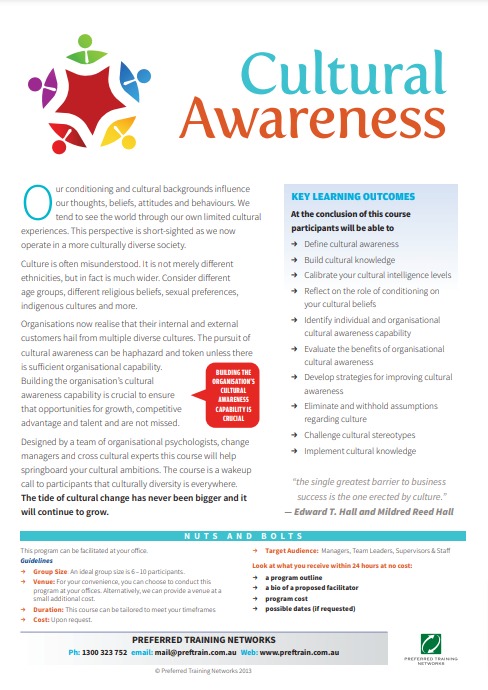 The good will that accompanied the 1997 Bribery Convention will not last ad infinitum. Perceptions that countries are not living up to their obligations under the Conventions will inevitability weaken the agreement and lead to erosion of public confidence. Recuperating the momentum and enthusiasm of that initial accomplishment will go far to ensuring that it is not yet the end of the honeymoon.
The good will that accompanied the 1997 Bribery Convention will not last ad infinitum. Perceptions that countries are not living up to their obligations under the Conventions will inevitability weaken the agreement and lead to erosion of public confidence. Recuperating the momentum and enthusiasm of that initial accomplishment will go far to ensuring that it is not yet the end of the honeymoon.
International debate over good governance and best practice may work towards the best mechanism for investigating political and business corruption.
There are many areas still in need of urgent reform. The OECD convention, which has been so effective in many ways, left loopholes. The need to stop companies using political donations to briber foreign officials has to be outlawed.
Some countries need to reform their laws so that extra-territorial offences are included and extradition is made easier.
Several International institutions have a long way to go. The World Bank and EU both need to carry out further reform to prevent bribery and corruption in programs they fund.
On a broader agenda more research needs to be done in the way defence contracts involving foreign countries are awarded. The US, Germany, France and Britain are among the biggest arms sellers in the world. They are extremely competitive. As these contracts usually involve an element of national government involvement are even more secretive than normal contracts. Yet the evidence we have indicates that there are still excessive commissions (bribes) paid in these deals.
The Cornerhouse Group rightly say that there is an urgent need to shift the focus of anti corruption measures. In seeking to explain corruption, most commentators tend to dwell on developing countries, not industrialised ones, on the bribe takers not the bribe givers. The intimate connection between corruption in the South and the institutional culture, bureaucratic practices and priorities of public and private institutions in the North is thus effectively obscured
Some campaigners suggest that the best deterrent for companies that have a propensity to bribery and corruption would be an international blacklist. The World Bank’s current blacklist is a start but it really only deals with some very small fish. A blacklist that names and shames the big players, but more importantly prevents them obtain international contracts would be a forceful statement ? a landmark in the fight against bribery and corruption.
Other campaigners think that blacklists are often counterproductive. But the real deterrent for those who continue to bribe and corrupt is a real fear of detection and prison. The only way for the momentum of the anti-corruption movement to continue is by the installation of tough investigation and prosecution authorities. Many countries in Western Europe and North America are yet to show that they are willing to prosecute offenders. International Conventions have a effect but without real regulatory muscle they will whither away and die.




